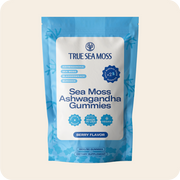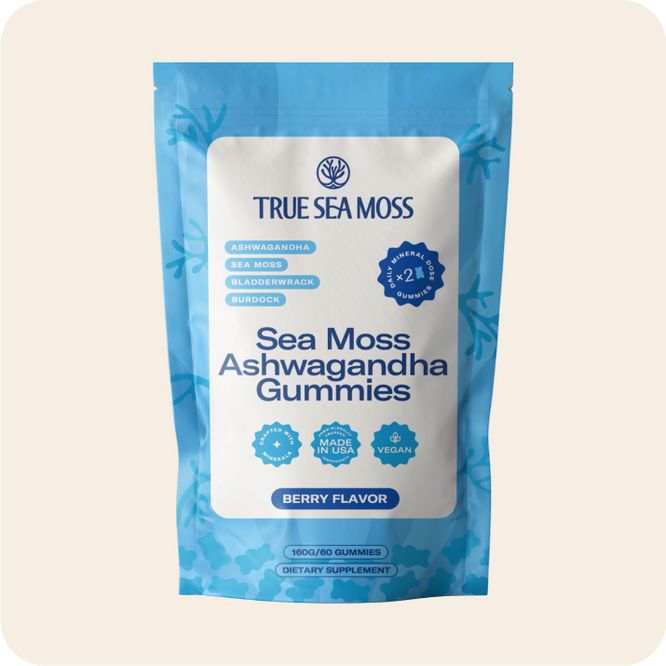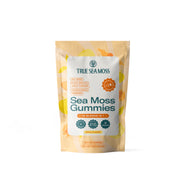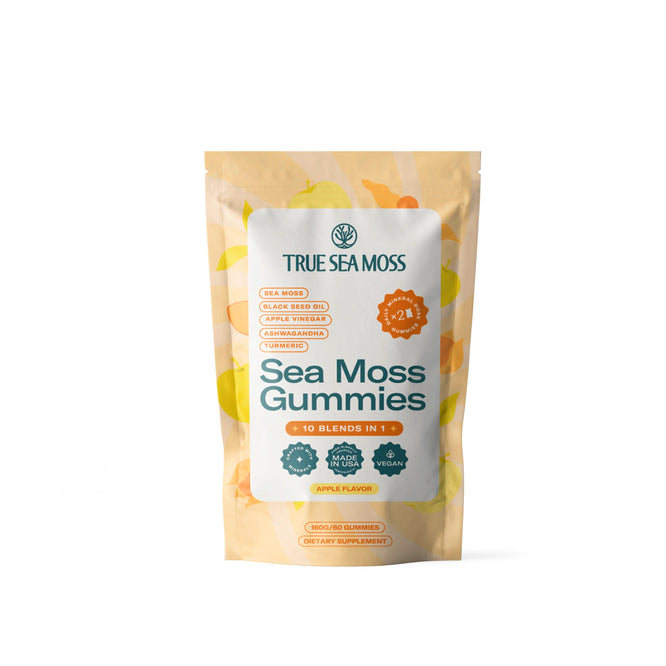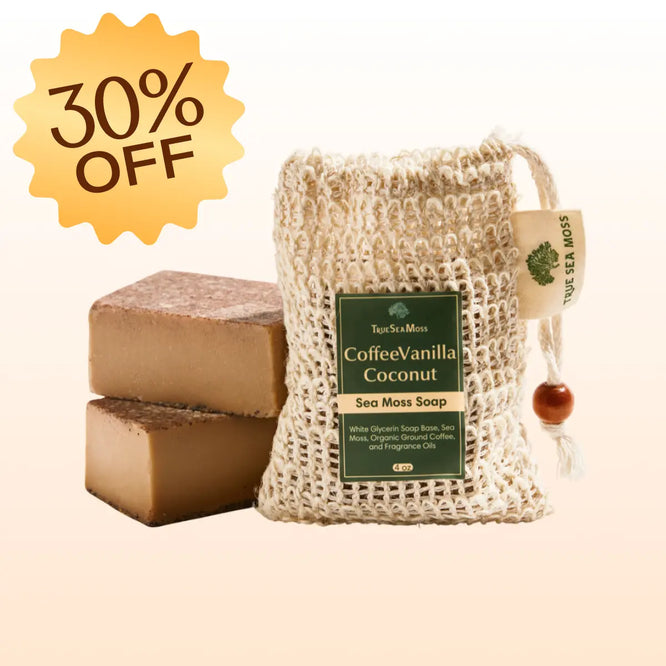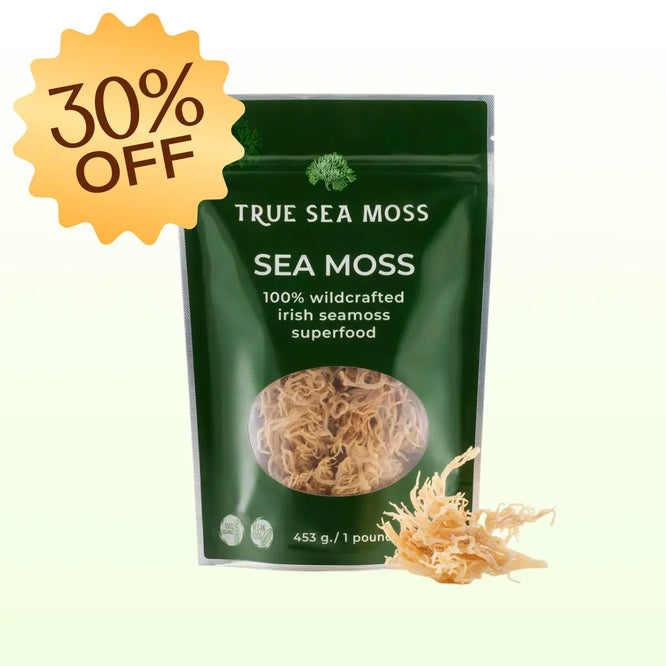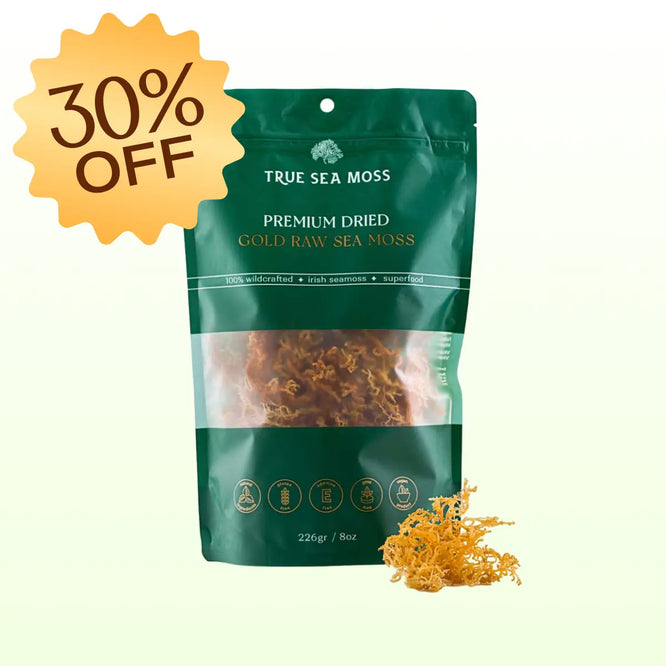Sorry, looks like we don't have enough of this product.
Enhance Your Results with 30% OFF

1x Coconut & 1x Vanilla Sea Moss Soaps
Charge up your skin with our Sea Moss Soap, now blended with Coffee, Coconut, Vanilla, Oatmeal & Honey. Imagine the caffeine rush of coffee, the tropical vibes of coconut, the sweet whispers of vanilla, the soothing touch of oatmeal, and the nurturing feel of honey. Dive into a skin cleanse...
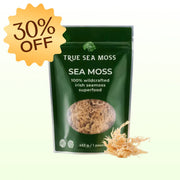
CRAFTED RAW SEA MOSS
Sourced from clean, natural waters this 100% pure sea moss contains essential vitamins, nutrients, and minerals that fortify your health inside and out. Irish sea moss also acts as an effective detox and anti-inflammatory for muscles, joints, and your digestive tract which can strengthen immune defense.
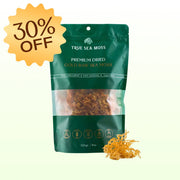
GOLD RAW DRIED SEA MOSS
Irish sea moss also acts as an effective detox and anti-inflammatory for muscles. Irish moss seaweed is Pure, Raw, and Vegan Friendly. Enjoy in Shakes Seamoss Raw and Baked Goods – Sea moss can be blended in seamlessly with all types of your favorite shakes

